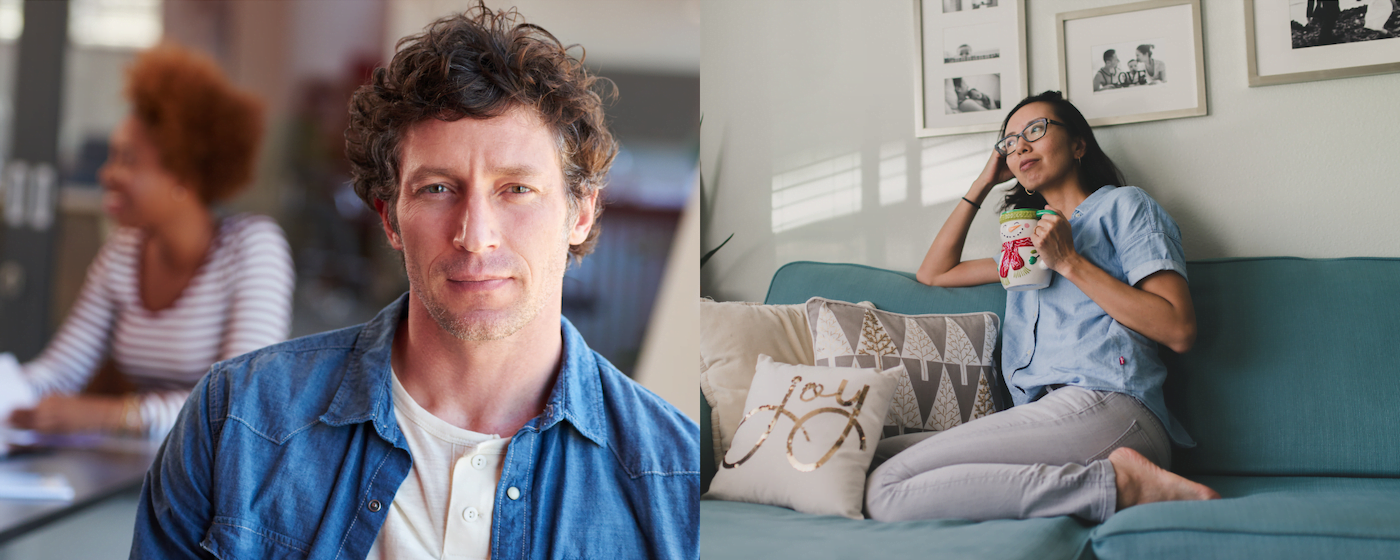Social anxiety can last a lifetime. That’s not an acceptable outcome.
Q: What are the most effective treatments for social anxiety?
Social Anxiety Disorder impacts over 15 million people in the US. Individuals usually develop social anxiety in the early teen years, often between the ages of 12-13. It’s defined as an intense fear of being humiliated or embarrassed in the presence of other people. People often fear being judged socially or in performance situations. Performance situations can be formal, such as a speech or casual social setting.
This form of anxiety can destroy one’s sense of self and confidence.
Like all anxiety disorders, it causes a high level of inner distress. Symptoms can be really intense and mess with the developmental stages of cognitive and emotional growth.
In addition, individuals living with social anxiety may experience heightened feelings of loneliness and isolation. In its extreme stages, the disorder may limit social or romantic relationships. For these reasons, social anxiety is often referred to as a chronic condition. However, that is not my experience, I see people recover frequently.
Recovery depends on specific skills designed to break avoidant patterns, confront shame-based beliefs, and improve communication abilities.
What’s It Like to Live with Social Anxiety Disorder?
Individuals living with this condition often struggle to talk about deep shame and often go over a decade before seeking help for the condition.
By this time, the belief that they’re defective or less than is usually deeply held. So, step one, we need you to talk about social anxiety. And you must talk about shame.
Step two, we see if anything else is blocking you. Like Major Depressive Disorder.
Or ADHD, which is very common with social anxiety.
Step three, we’re social creatures, and you must get field practice. I’ll teach you how to feel less guarded around all people. As you begin to gain abilities and awareness, your guard will lower, and you’ll misinterpret social interactions less frequently.
Most individuals with social anxiety do not have a social skills deficit. They may lack practice, but once we get you engaging more. I’m confident you’ll be surprised that you’re better than you think. If not, we’ll identify any social improvements and practice together.
Get Help
The treatment for Social Anxiety Disorder is highly effective, and medication treatment is usually not required for recovery.
I want to emphasize again even if I sound repetitive, please do not wait for help and see a social anxiety specialist. If not me, then another specialist. Most of the anxiety conditions improve naturally over time; social anxiety does not! Social anxiety can be chronic and mean. You deserve better.
If social anxiety is blocking your ability to protect yourself from unwanted sexual attention, please read this article.
Hi! My name is Kama. I look forward to meeting you! I’m so excited to share treatment with you. Social anxiety is my absolute jam.
Helping people with this form of anxiety is a true passion for me. I’m cross-trained in various areas of mental health. I pair gold-standard anxiety care with social skills training. Every day, I get to share successes with clients – helping people shake off a lifetime of social worry and stress. Please, don’t wait too long! I will not judge you. I will understand. I will help you. If you need a softer start, email me and ask for my HIPAA-compliant text number, and we can start using email or text. Does that help?
Want to learn more about me first? Kama Jensen


